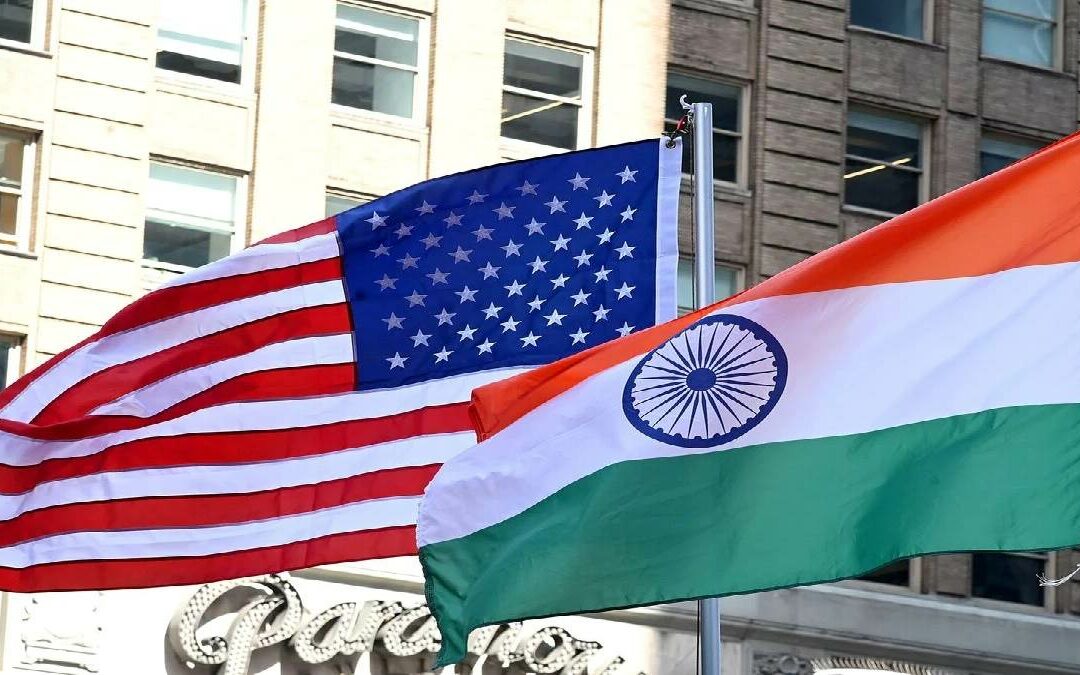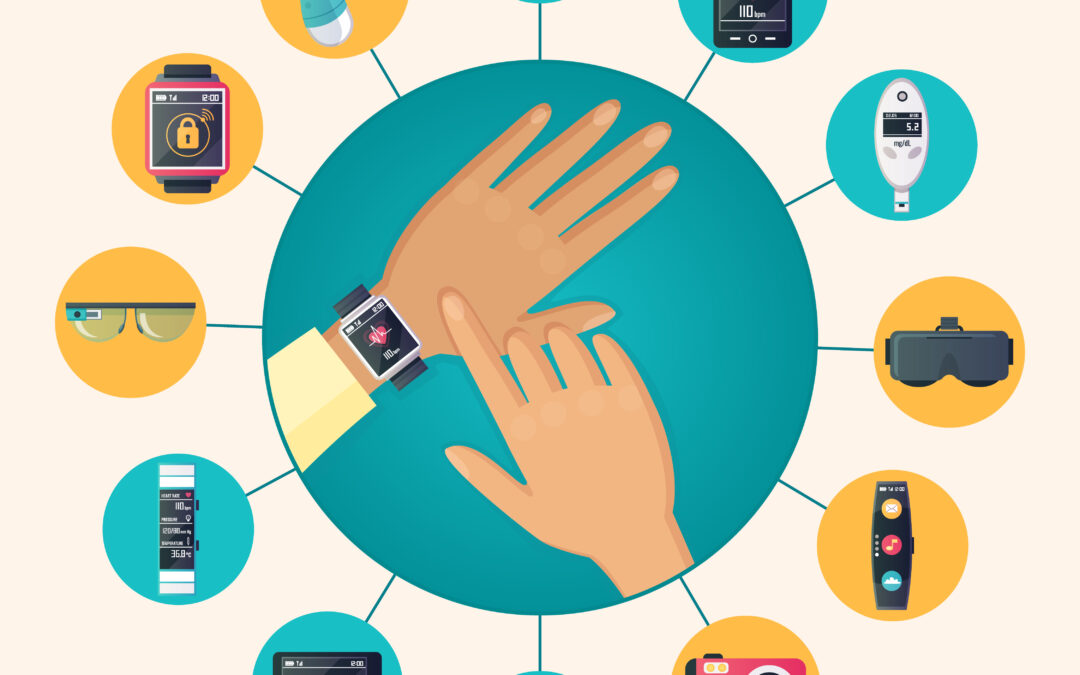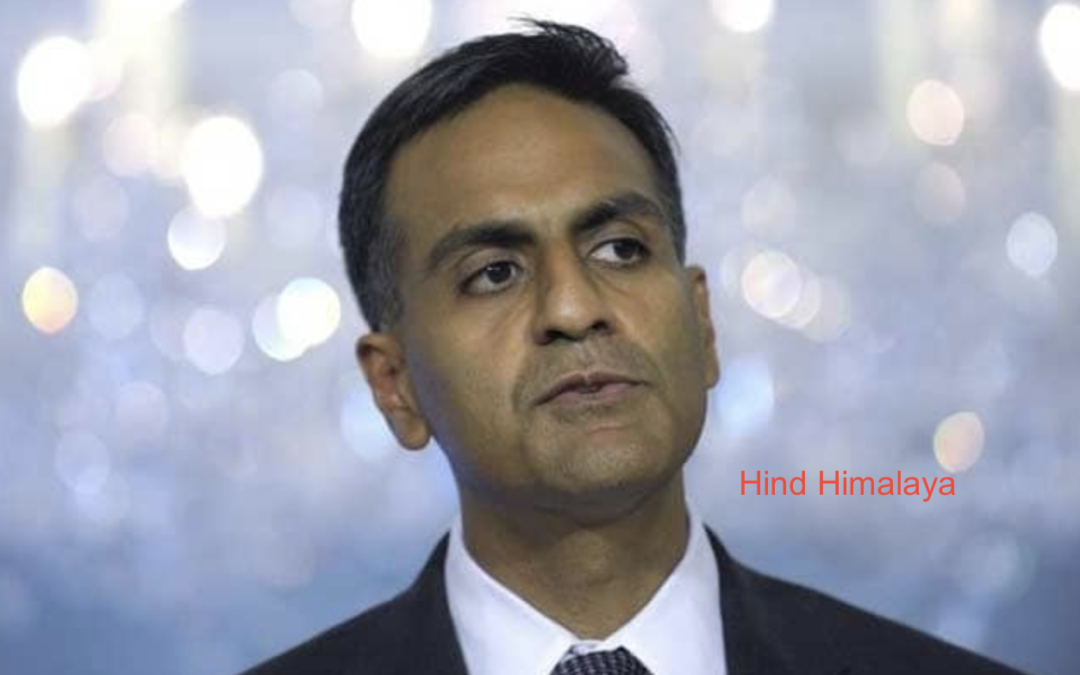
Forgive us, Aishwarya !!
Reading Time: 2 minutesAishwarya, like many other Indian Americans, came to the United States, which is known as the land of opportunity and dreamers, with a fervent desire to achieve academic excellence, carve out a prosperous career path, attain financial independence, and shine brightly as a star. She was determined to make a significant impact in this country by showcasing her brilliance and hard work. Aishwarya was eager to pursue her dreams in a land that promised to nurture and support her aspirations, and she was willing to put in the necessary effort and dedication to achieve them. She aimed to stand out and leave her mark in the United States through her determination, perseverance, and tenacity.
But all of Aishwarya’s dreams were shattered and left behind when a gunman opened fire at an outlet mall in Allen near Dallas Texas. A total of eight people were killed before the police shot the gunman down.Aishwarya originally from Hyderabad came to the US for her Masters .Aishwarya did her masters in construction management in the US and was on a work-based visa. Her family hails from Saroornagar in Hyderabad.
Aishwarya is remembered by her school friends as a person who was always there to help others, whether it was to clear backlogs or donate money to NGOs. Her school friends affectionately called her “Rowdy,” a nickname she earned due to her fearless and audacious nature.
We are sorry, Aishwarya, it seems that there is no one here to hear and take action in response to the devastating tragedies and acts of violence that are occurring far too frequently in this nation. Every day, the people of the United States are left stunned and horrified by these senseless acts.
It is disheartening to see that there are not enough measures or any action being taken to prevent such tragedies from occurring and that many individuals and communities continue to suffer the consequences of these senseless acts of violence. The ongoing cycle of tragedy and devastation that plagues this country is a cause for great concern.
No one really understands –
why there is a need for deadly assault weapons in the name of self-defense?
Why the United States politicians are not acting or coming onto the streets when elementary kids are getting targeted by these psychopaths?
It is disheartening to acknowledge that the cycle of violence and tragedy seems to be never-ending. While people may express their outrage and sign petitions in the aftermath of a tragic incident, it is often the case that the momentum for change fades over time, and individuals return to their daily lives until the next tragedy strikes.
So forgive us, we hope that you can find peace and rest in the light that shines on the other side of this world.
Forgive us, Aishwarya !!




